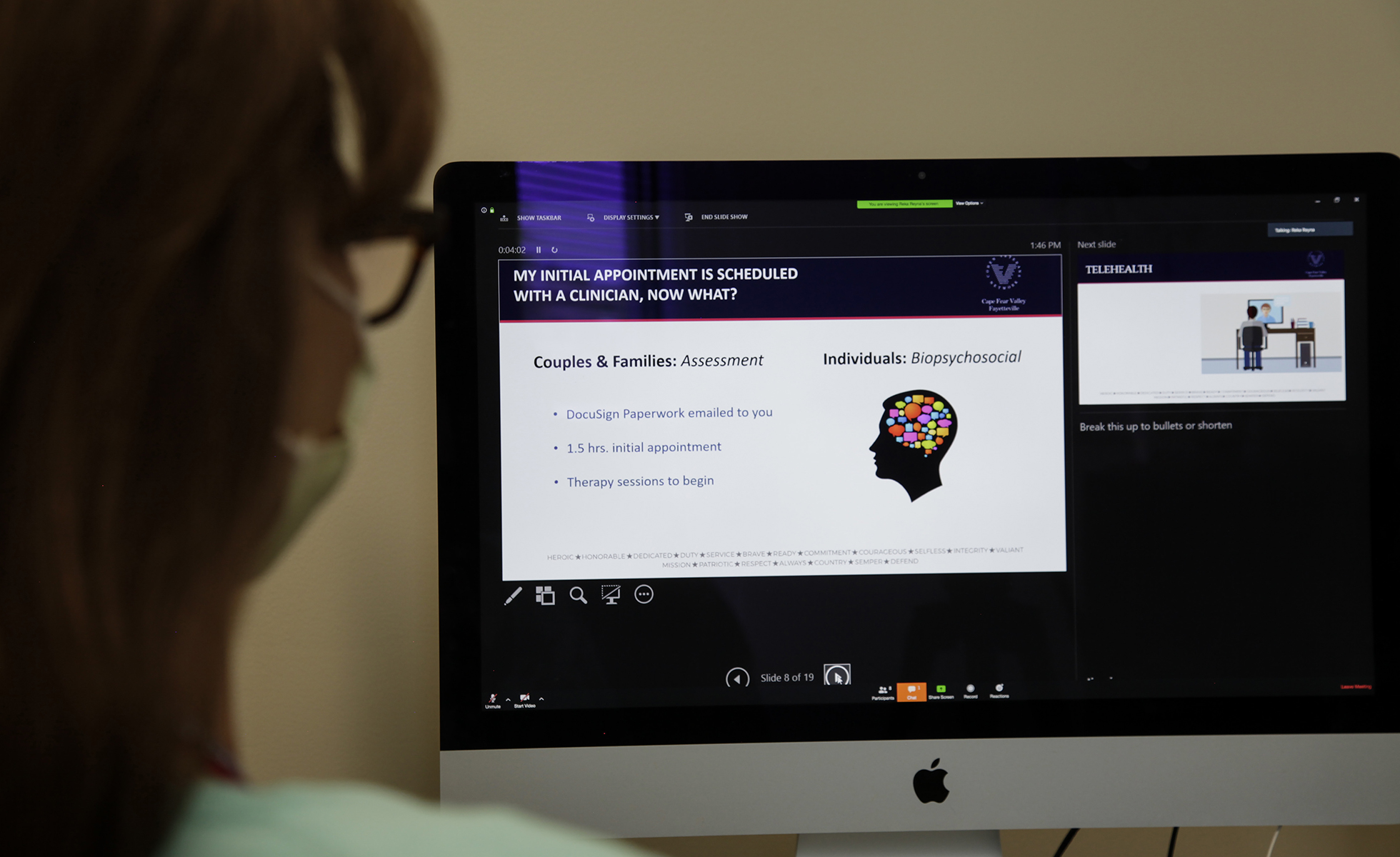
Telehealth Could be Great, if Texans Had Access to It
Remote health care has the potential to connect patients to doctors safely during shelter-in-place. So why do so many Texans remain disconnected?
Since 1954

Isabela Dias is the fall 2019 editorial fellow at the Texas Observer. She was previously a reporting fellow with Pacific Standard magazine, reporting on immigration and human rights. Her work has appeared in the Washington Post, the Nation, Slate, and the Columbia Journalism Review, among other publications. She's a graduate of Columbia University.

Remote health care has the potential to connect patients to doctors safely during shelter-in-place. So why do so many Texans remain disconnected?
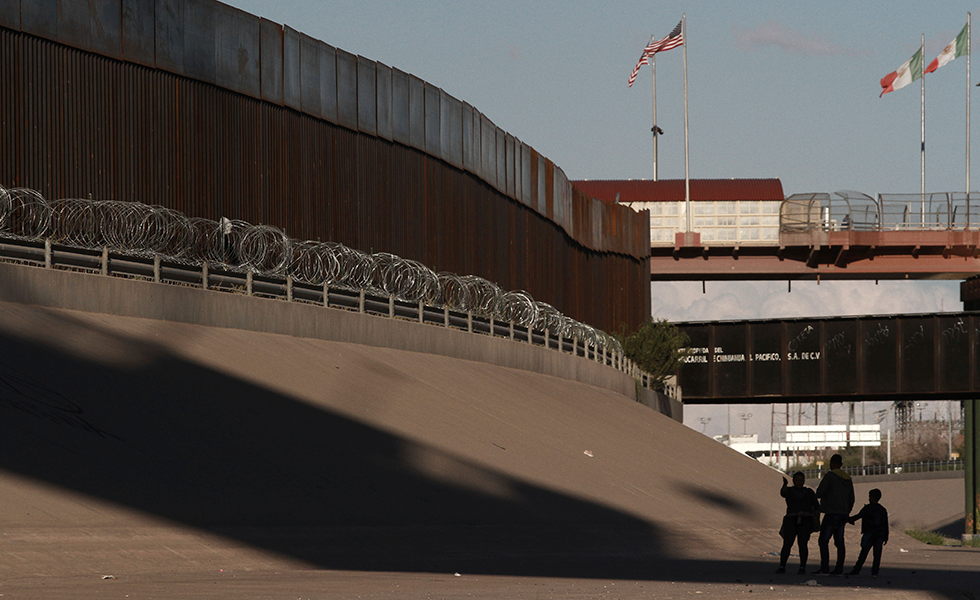
Veteran attorney Elise Harriger is learning how to lose, but she vows to keep on fighting.

A new Austin exhibit reveals how much the acclaimed Colombian writer struggled to make a living and find success.
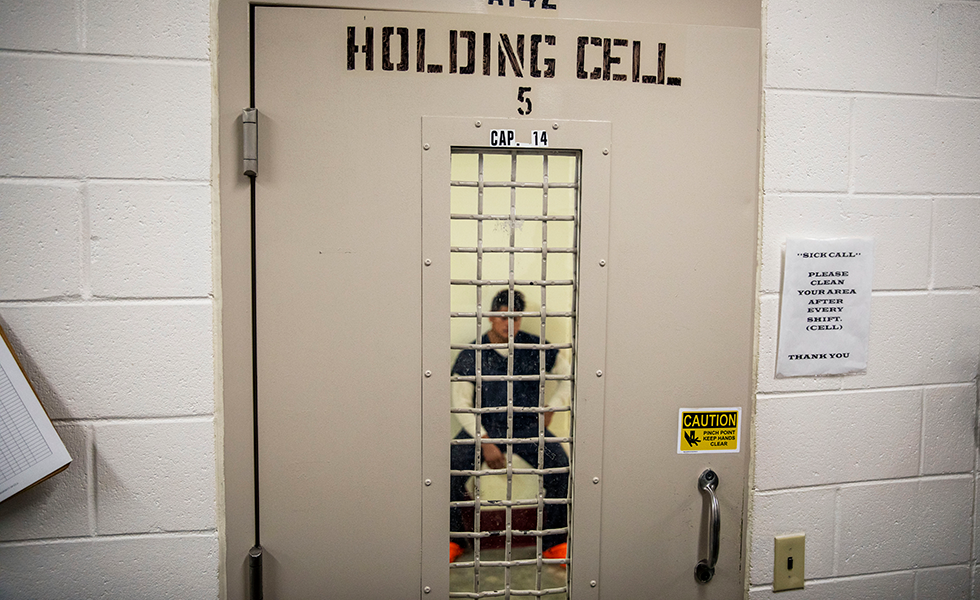
The changes—which affect 18 facilities in Texas—include giving guards more leeway to put migrants in solitary confinement, as well as no longer requiring outdoor recreation areas.
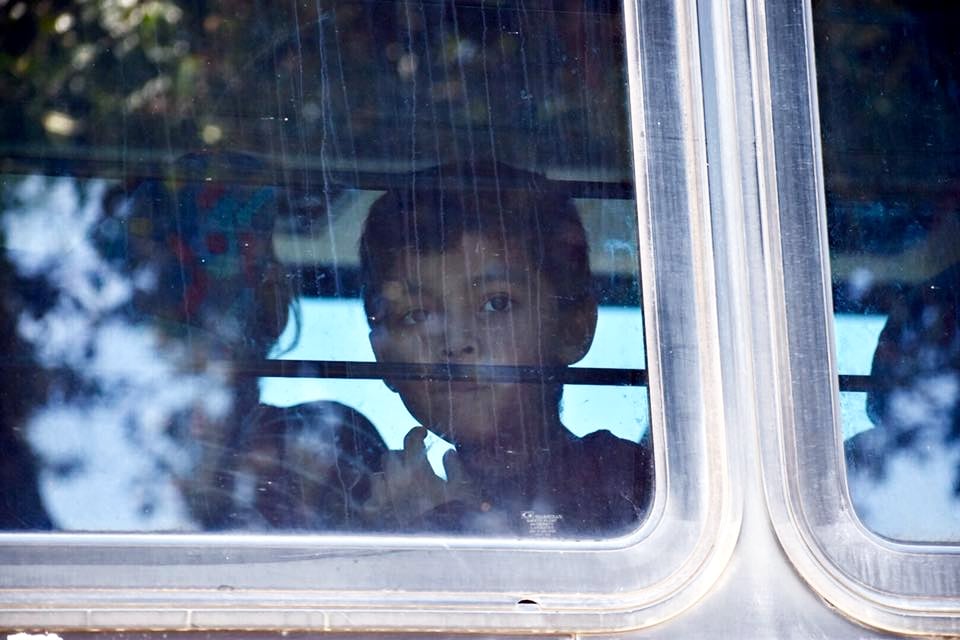
In his new book Baby Jails, author Philip Schrag reflects on the past and future of a threatened ruling that limits the detention of migrant children.
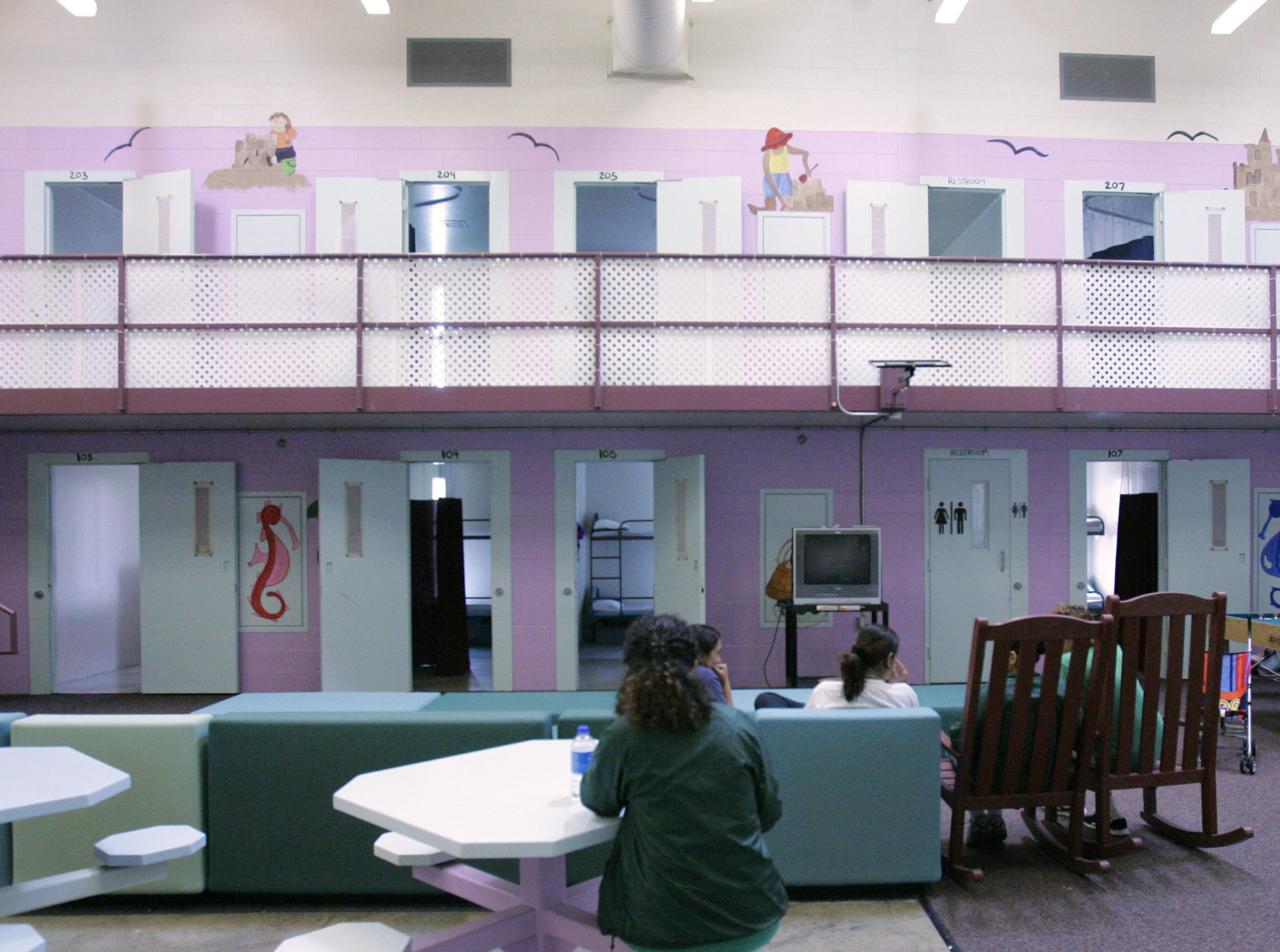
Only three of 23 rape crisis centers serving areas where ICE detention centers are located reported providing therapy or other services to detainees.
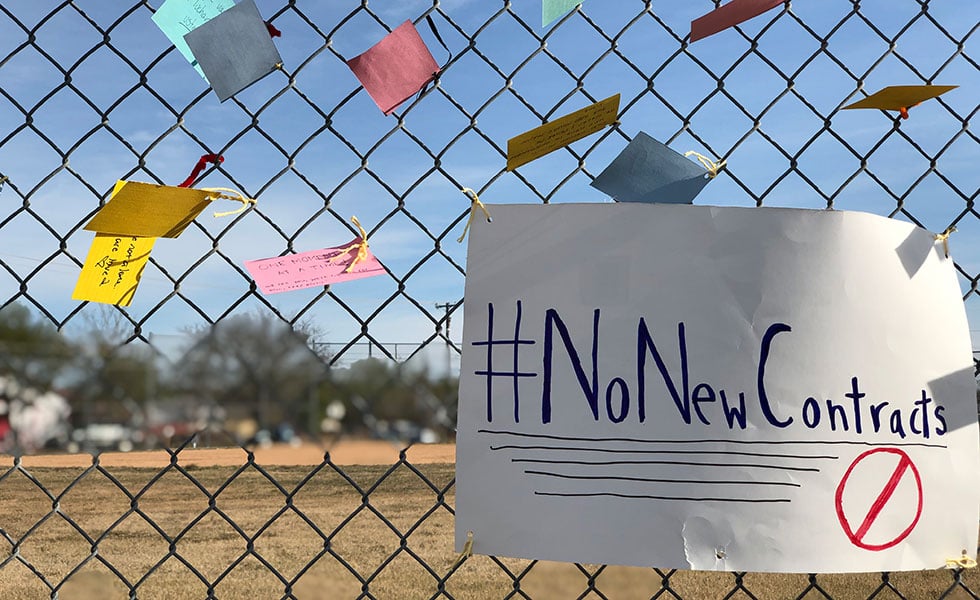
Former detainees were among those criticizing ICE's attempt to secure a 10-year private contract for the facility and two others in Texas.
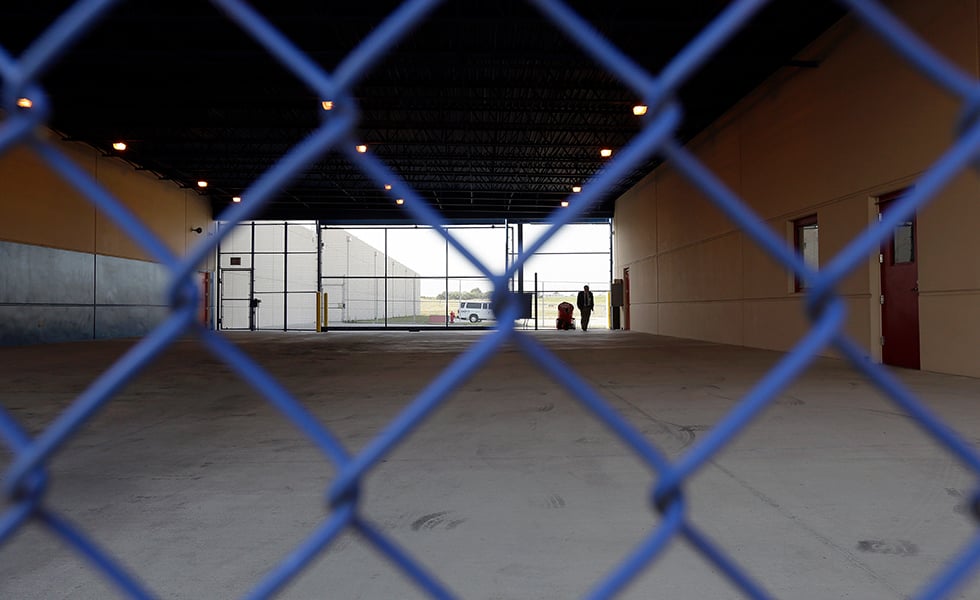
Women formerly detained in Karnes County Residential Center have been lost in the shuffle, facing moved or cancelled court dates, high bonds, and legal confusion.
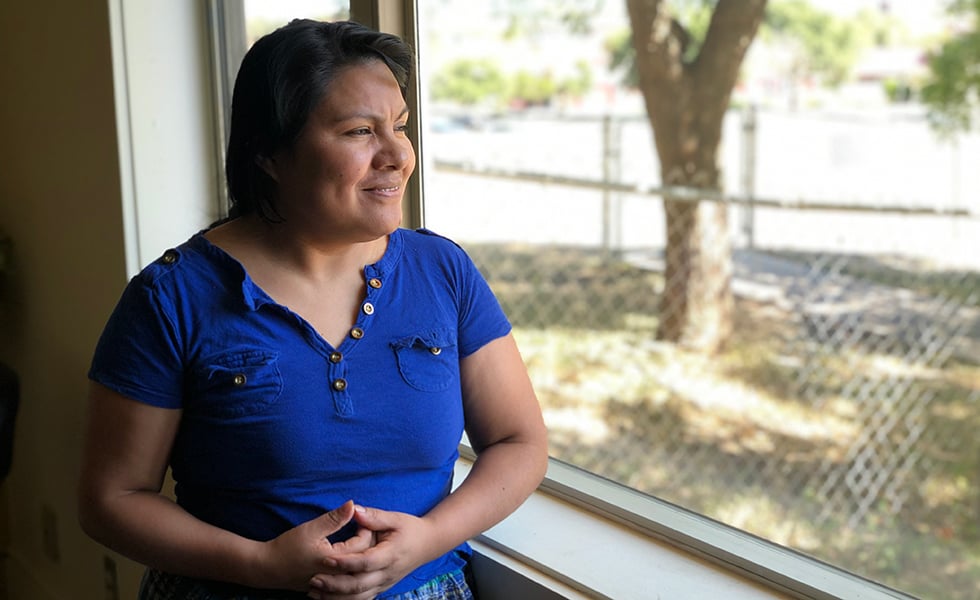
After fleeing domestic violence in Guatemala, I’ve been living inside a Texas church for the past four years. I’m exhausted, but I won’t stop fighting.
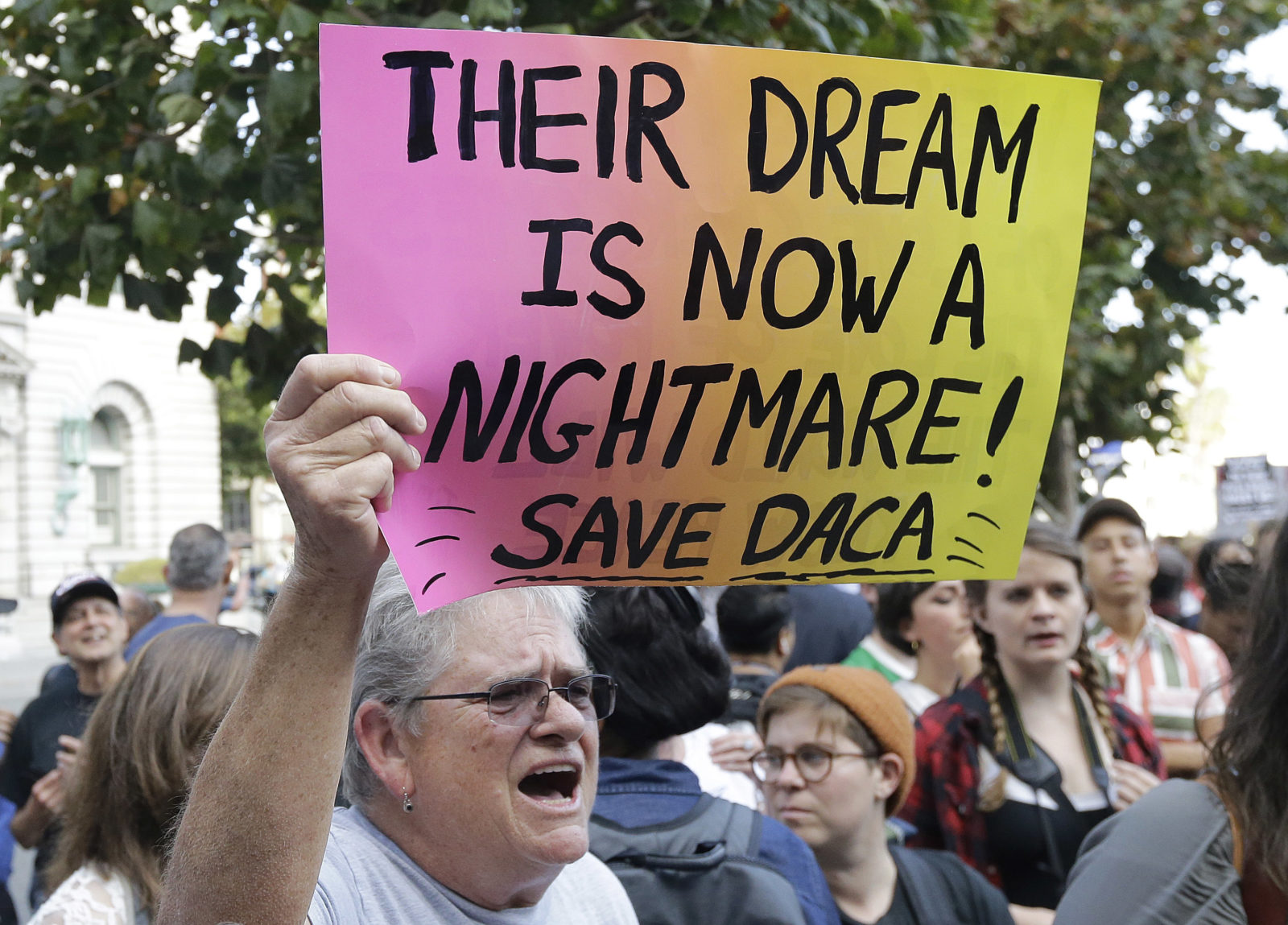
As many as 700,000 people could be directly impacted by the end of the Obama-era program.